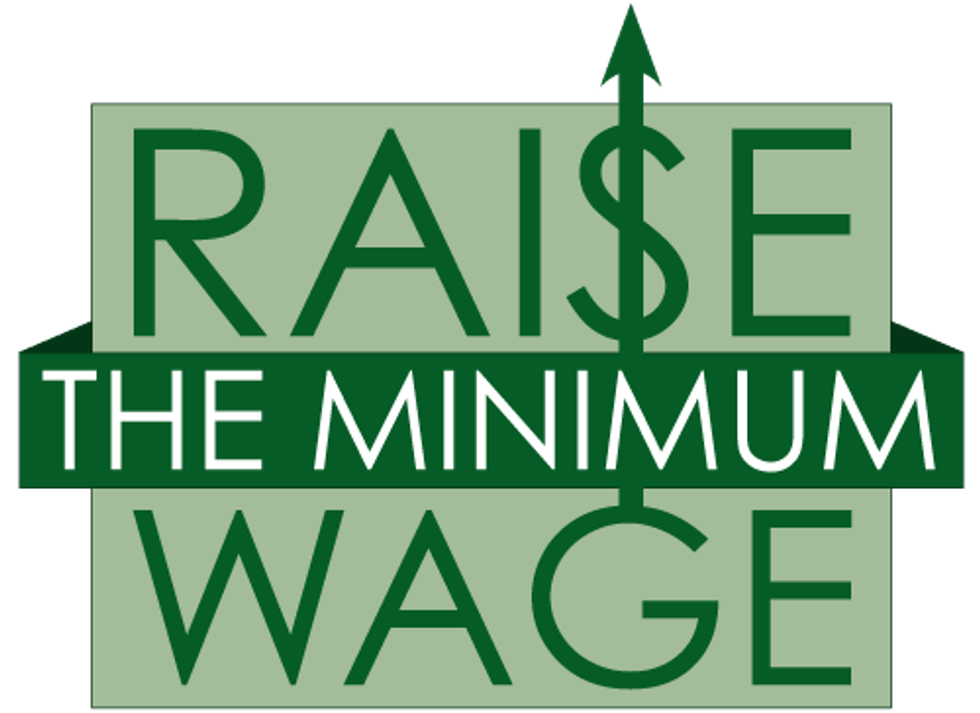One of the best proposals to come out of the State of the Union was the President's proposal to raise the minimum wage to $9 an hour, phased in over three years, and tie it to the cost of living so it automatically adjusts. If anything, the proposed minimum wage is still too low. If the minimum wage had kept up with the rate of inflation, it would now be over $10. Still, Congress hasn't raised the minimum wage in four years so $9 is an improvement over the current $7.25 and ensuring that it will adjust automatically will bring millions of workers out of poverty.
Raising the minimum wage benefits more than just low-wage workers. When people make more money, they spend more money and businesses benefit. The Economic Policy Institute estimated that raising the minimum wage to $9.80 would actually create jobs because more people could spend more money. Low-wage workers are more likely than any other income group to immediately spend any extra income on previously unaffordable basic needs or services. The increase in consumer spending increases demand, which in turn, results in new hiring.
On top of the economic benefits, raising the minimum wage has strong public support. A recent poll found that 73 percent support raising the minimum wage to $10 an hour in 2014 and indexing it to inflation--both a higher wage and a shorter time line than the President's proposal. Another poll found that 78 percent of the general public believes the minimum wage should be high enough so that no family with a full-time worker falls below the official poverty line.
So, if it's good for the economy and it has strong public support, why is raising the minimum wage such an uphill fight? Because wealthy and corporate interests would rather keep the wage low. In contrast to the broader public, only 40 percent of the wealthy support a minimum wage high enough to keep families out of poverty. When the minimum wage was last raised in 2007, the U.S. Chamber of Commerce, which strongly opposes raising the minimum wage, spent $53 million on lobbying. In short, raising the minimum wage is not a priority for wealthy and corporate interests, and as a result, it is not a priority for Congress.
We see this dynamic even more clearly when we look at the capital gains tax rate. In contrast to the minimum wage, the capital gains tax rate impacts a small, yet wealthy, percentage of the population. Over 70 percent of capital gains are estimated to go to just the top one percent of households in 2012. Yet, from 1997-2003, the capital gains tax rate was cut four times. While the maximum rate was increased to 20 percent as part of the "fiscal cliff" deal, polling shows that the majority of Americans think capital gains should be taxed at the same rate as ordinary income--39.6 percent for the top income bracket.
There is already opposition forming against raising the minimum wage, but it's not just political ideology that will prevent it from being raised. Wealthy and corporate interests often set political and policy priorities and raising the minimum wage is not their priority-- regardless of the economic and social benefits.

